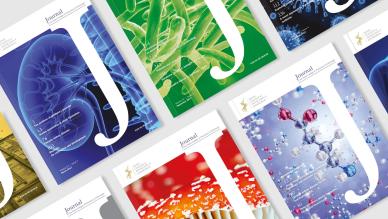

Journal
The Journal of the Royal College of Physicians of Edinburgh
The Journal of the Royal College of Physicians of Edinburgh is the College’s quarterly, peer-reviewed journal. It has three main emphases – clinical medicine, education and medical history and humanities.
The Journal has now fully transitioned to the SAGE online platform and the latest issue can be found here.
Members who are logged in can follow this link to login to the Journal.







